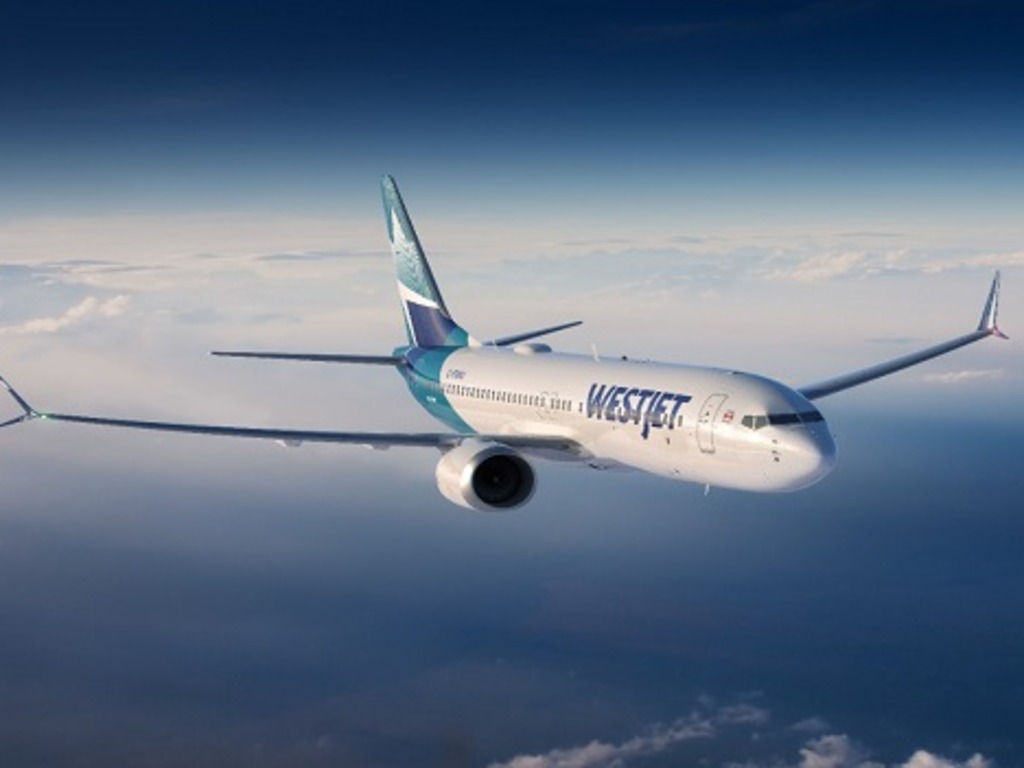Companies Need Clear ‘Work From Anywhere’ Policies

A newly released Opinium survey of North American business travellers commissioned by World Travel Protection reveals that while many business travellers want the flexibility of working from anywhere (US 38%, Can 34%), few say that their company has a clear policy on where they can (and can’t) work from (US 24%, Can 21%).
And even fewer say their company has a policy on ‘bleisure’ travel, (US 23%, Can 17%), leaving most of these travellers without critical guidance around how to manage risk and access support while away.
Frank Harrison, Regional Security Director Americas, World Travel Protection, points out that: “Bleisure and work-from-anywhere company cultures that came to prominence during the pandemic have blurred the lines between what is work and what is not, leaving both employees and employers that much more vulnerable to risk.”
Harrison explained that: “Whether employees are working remotely from a new country or simply from a local coffee shop, businesses need to be more focused than ever on duty of care and negligence.”
At least a quarter of business travellers say they have recently combined a work trip with a few days or more of personal time (US 32%, Can 25%), according to the survey, with many indicating that it’s better for their well-being and productivity if a work trip also allows personal days (US 36%, Can 25%).
In fact, a number of business travellers say they would quit their jobs if they couldn’t work from anywhere (US 17%, Can 11%).
And a small, but significant, subset of workers report planning a ‘hush’ trip this year, where they’ll work remotely in a different place and not tell their employer (US 15%, Can 9%).
Harrison observed: “There’s no doubt that employees have a growing appetite for bleisure travel and the opportunity to work remotely from a new location.”
He continued: “Employers should educate employees on what is covered during business trips and how that extends – if it extends – into the leisure portion. We encourage employers to also ensure measures are put in place to reduce and avert risks during the portion of the trip they’re covering.”
The world has changed because of the pandemic — destinations have changed, natural disasters are on the rise, and organizations face heightened threats to employee health, data and cyber security, and business continuity and reputation. Travellers need more guidance and support than ever, and business travel policies should include medical protocols, emergency and crisis management plans, and guidance on business versus personal expense compliance.
Said Harrison: “Business travellers today have a much higher need for education and guidance, including knowing how to communicate in an emergency when in a different location.”
And he said: “Companies need to approach employees’ growing desire to ‘work from anywhere’ through a risk-management lens. Failure to do so may expose them to significant incident causation and loss, impacting personnel, reputation, and liability.”
Harrision concludes: “Businesses and organizations, in their approach to the duty of care, should focus on providing travel and risk solutions that support travellers with tools to give travellers the confidence to stay informed.”
Go to www.worldtravelprotection.com for more.


